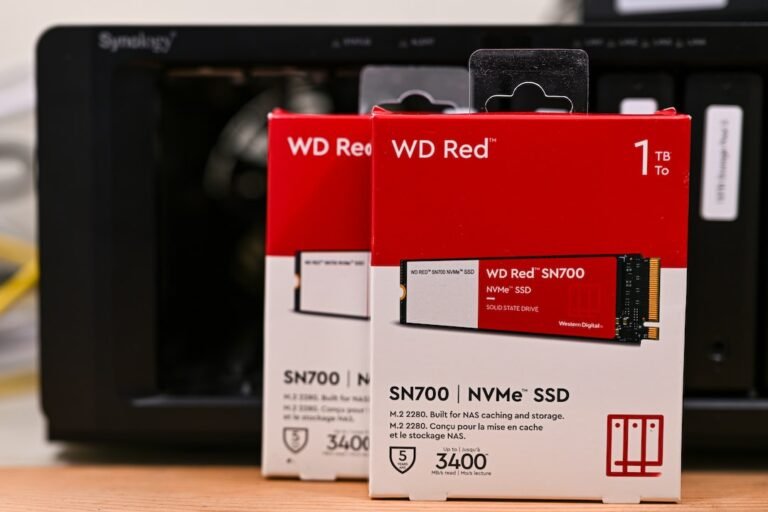Introduction
In today’s digital age, data security has become a paramount concern for businesses and individuals alike. With cyber threats evolving and becoming more sophisticated, it is crucial to take proactive measures to safeguard sensitive client data. One effective tool for enhancing data protection is a Virtual Private Network (VPN). This article will explore the importance of client data protection with VPNs and provide a comprehensive guide on how to use a VPN to safeguard confidential information.
Understanding the Need for Client Data Protection with VPN
As businesses handle vast amounts of client data, including personal and financial information, it is crucial to implement robust security measures. Cybercriminals are constantly looking for vulnerabilities and loopholes to exploit, putting client data at risk. Securing client data not only protects clients from identity theft and financial fraud but also helps businesses avoid reputational damage and legal consequences.
A VPN provides an additional layer of security by encrypting internet traffic and routing it through secure servers. This ensures that sensitive information remains hidden from prying eyes, even when using public Wi-Fi networks or accessing the internet from remote locations.
How VPNs Enhance Security for Customer Information
Encrypting Data: A VPN encrypts data transmitted over the internet, making it virtually impossible for anyone to intercept and decipher. This encryption ensures that client data remains confidential and protected, regardless of the network being used.
Anonymous Browsing: By using a VPN, businesses can mask their IP addresses and browse the internet anonymously. This prevents third parties from tracking online activities and collecting sensitive information about clients.
Securing Public Wi-Fi Connections: Public Wi-Fi networks, often found in coffee shops, airports, and hotels, are notorious for their lack of security. Hackers can easily intercept data transmitted over these networks. Using a VPN ensures that all data sent and received over public Wi-Fi remains encrypted and secure.
- Bypassing Geographical Restrictions: A VPN allows businesses to access restricted online content by providing them with a virtual location. This feature can be useful when conducting market research in different countries or accessing client information from abroad.
How to Use a VPN to Protect Client Data
Choose a Reliable VPN Service: Selecting a reputable VPN service provider is essential for ensuring data security. Look for providers that offer strong encryption protocols, a strict no-logs policy, and a wide range of server locations.
Install the VPN Application: Once you have chosen a VPN provider, download and install their application on the devices you will be using to access client data. Most VPN services offer applications for Windows, Mac, iOS, and Android devices.
Configure the VPN Settings: After installation, launch the VPN application and follow the setup wizard. This will guide you through configuring the VPN settings, including selecting a server location and encryption protocol.
Connect to a VPN Server: Once the initial setup is complete, choose a server location that suits your needs. For the best security, select a server in a country with strong data protection laws. Click the “Connect” button to establish a VPN connection.
Verify the VPN Connection: After connecting to a VPN server, verify that your internet traffic is being routed through the VPN by visiting a website that displays your IP address. If the displayed IP address matches the VPN server’s location, your connection is secure.
Remember to Disconnect: When you have finished using the VPN, remember to disconnect from the server. This will ensure that your normal internet traffic is not routed through the VPN unnecessarily.
- Regularly Update the VPN Software: To ensure optimal security, always keep your VPN software up to date. VPN providers frequently release updates that address security vulnerabilities and enhance overall performance.
Conclusion
Client data protection is a critical aspect of any business’s security strategy. By using a VPN, businesses can significantly enhance the security and privacy of client information. VPNs offer encryption, anonymous browsing, and protection on public Wi-Fi networks. By following the steps outlined in this guide, businesses can effectively use a VPN to protect client data from cyber threats and safeguard their reputation.
FAQ
To help you understand VPNs and client data protection better, here are answers to some frequently asked questions:
| Question | Answer |
|---|---|
| How does a VPN encrypt internet traffic? | VPNs use encryption protocols, such as AES-256, to scramble data so that it is unreadable. |
| Are free VPN services as secure as paid ones? | Paid VPN services generally offer better security features and performance than free ones. |
| Can a VPN protect against malware and viruses? | While a VPN provides encryption and privacy, it does not offer direct protection against malware and viruses. It is advisable to use an antivirus software in conjunction with a VPN. |
| Can a VPN slow down internet speeds? | VPNs can slightly decrease internet speeds due to the encryption and rerouting of traffic. However, with a high-quality VPN service, the impact on speed is usually minimal. |
| Is it legal to use a VPN for client data protection? | Using a VPN for client data protection is generally legal. However, it is important to comply with local laws and regulations and avoid using VPNs for illegal activities. |
Further Reading
For more information on VPNs, client data protection, and related topics, you can refer to the following resources:
| Website | Description |
|---|---|
| vpnMentor | A comprehensive resource on VPN services, reviews, and privacy guides. |
| Tech Radar | A trusted technology website providing in-depth analysis and reviews. |




